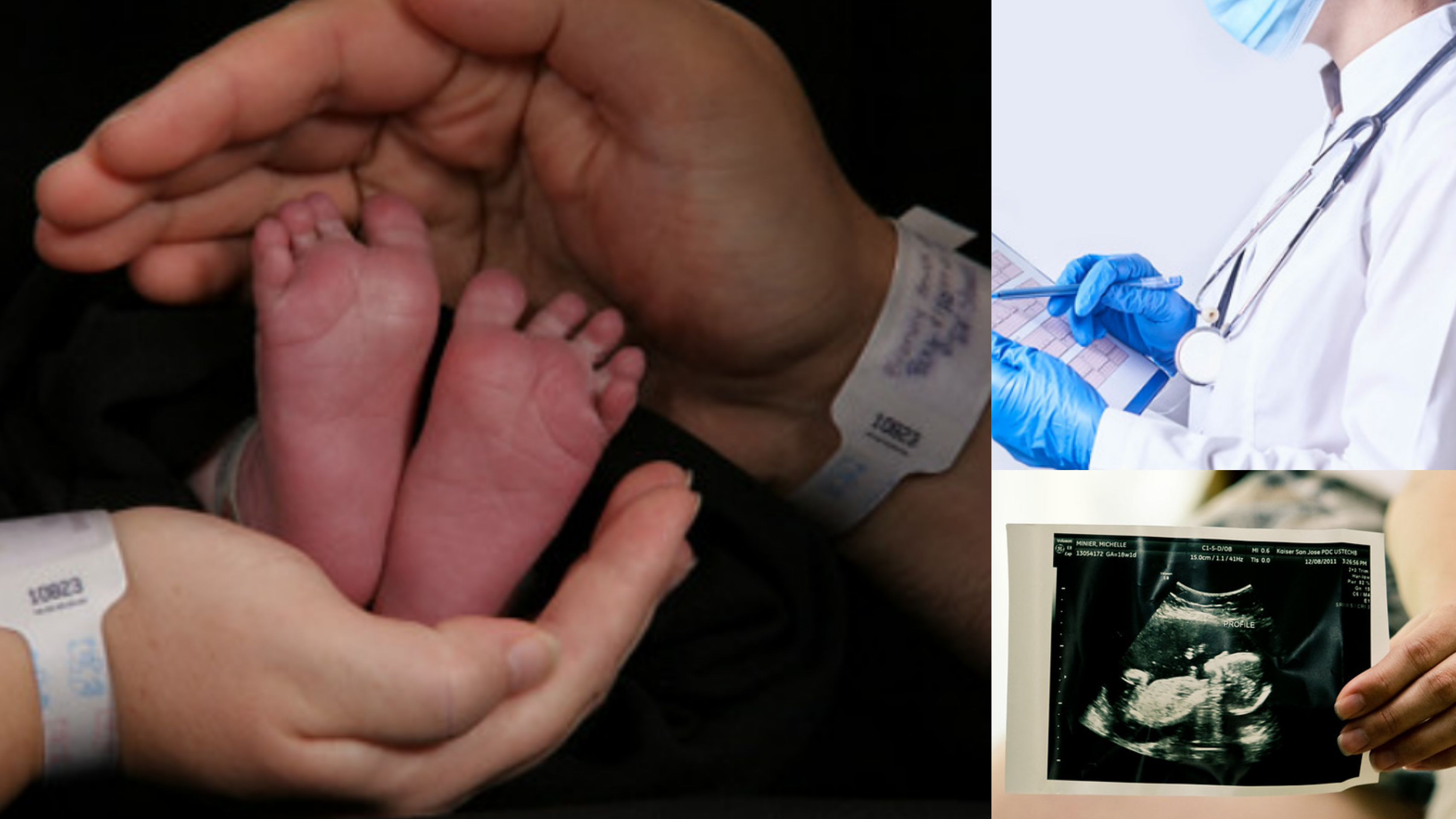In the present world, where medical services are progressively reinforced everywhere therein lies the socio-economic barrier between the population availing these services to the huge proportion of public and communities not availing it. An example is the before birth or prenatal tests which are meant to be globally adopted by every expecting individual. The lack of information leads to an increase in emerging cases of disabilities and deformities in newborns. However, in the countries in which governments took necessary steps in healthcare and made it compulsory for every expecting couple to carry on with prenatal scans and screening tests, it could be seen evidence that not just they are achieving a decent number of treated cases, the charts of emerging cases are lowering to an even pace.
For instance, the incidence of lower back defects in newborn popularly known as NTD (neural tube defect) are decreasing much more actively in economically developed countries than in the Indian subcontinent, because of prenatal screening is a standard medical protocol there. This not only allows for early detection of the unborn with NTDs but also for the parents to decide whether or not to opt for a termination.
An advanced surgery involves repairing the defect of an unborn baby during pregnancy at 19-26 weeks. The surgery of such kind is an attempt to prevent the malformed growth of the unborn child. Despite all that, this treatment can only be rewarding when the condition has reached the required amount of scrutiny at the right time. In the present scenario, some selected centres in the world are offering such evolved forms of treatments.
Only four hospitals in California can treat the defect of the lower back in the unborn baby during the stage of pregnancy.
Chloe MacCullough, a California resident received the life-altering news that her unborn child had deformity in her lower back. After further testing, she and her husband were informed that their baby had spina bifida, a common form of NTD. They were told he may never be able to walk due to this condition.
Spina bifida occurs during the early stages of pregnancy, leading to a range of lifelong cognitive, mobility, urinary and bowel disabilities in the child. It affects 1,500 to 2,000 unborn and newborn children in the overall U.S. every year.
After an MRI and other tests, Chloe was cleared for surgery. The defect on her baby’s back was repaired so that further damage would not take place before birth. That two-and-a-half-hour operation changed her life and her child’s future.
Three years later, no one can tell Remington was diagnosed with spina bifida. His parents call him curious, and adventurous and he is active enough to run around.
Diseases like such are rare. But in today’s world, these kinds of cases are rapidly elevating in several different countries with the number of childbirth every year. And the ratio of accomplished treatments is distinctly low due to the limited availability of specialised surgeries and mainly because of a lack of cognizance by expecting individuals when the disease remains undiagnosed.
Economically developed countries are actively battling the adversities of such diseases by bringing advancements in their healthcare services. But also due to people reaching out to these prenatal health checkups themselves, for the sake of getting diagnosed at prior stages to avail the efficient assistance and treatments. Overall, Health care services and the public are collaboratively coming together to help subside the peril of these diseases in the near future. Meanwhile, developing countries, like India remains at higher risk of getting more cases of child deformity in upcoming years.
Spina Bifida is the secondly ranked most common birth defect in India that often goes unnoticed due to lack of awareness. The chairman of the Spina Bifida Foundation, Dr Santosh J. Karmarkar states that four out of every 1,000 children born in India have neural tube defects.
In most cases, parents only become aware of their malformed infant after birth. This is due to :
- the unplanned pregnancies,
- absence of prenatal diagnostic tests
- Unawareness about maternal supplements.
Early detection is the key to overcoming such a rarity of the condition. The incidence can be significantly reduced with the adoption of prenatal diagnosis, regular ultrasound screenings and scans, and encountering the required medications to pregnant woman with no delay.
Although the access to modern diagnostic facilities is currently limited to the metropolitan cities. Citizens from both urban and non-urban communities should be made aware of the peculiarity of such diseases and the lifelong tribulations that come along with them. This can help thrash the disbeliefs and superstitious practices associated to deal with such sensitive conditions, further raising awareness by encouraging people to get in check with the services provided nearest to them by the government and non-government bodies.

